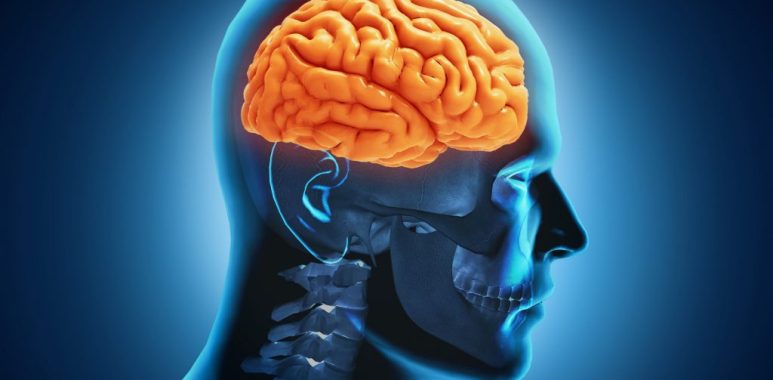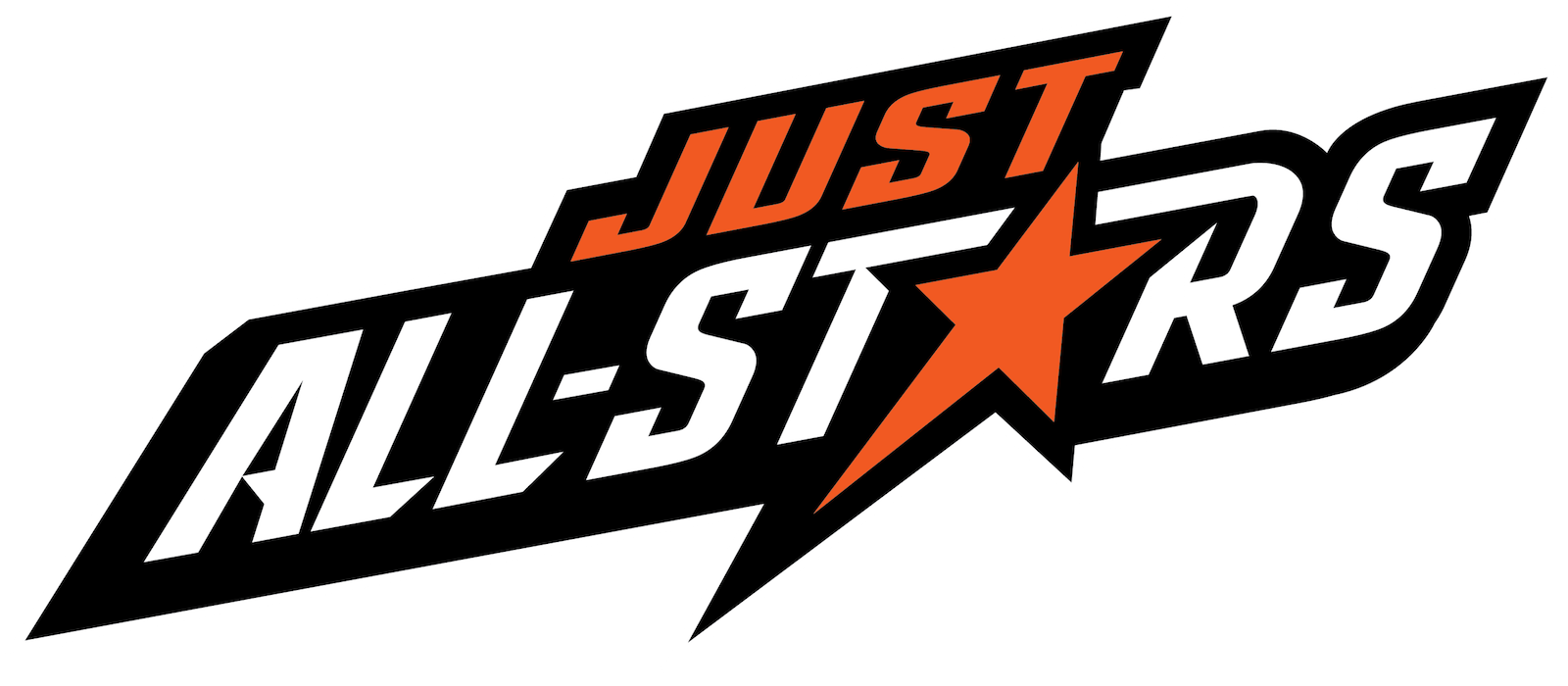
Legal Perspectives on Brain Injuries: When Negligence Becomes a Battleground
Brain injuries, ranging from mild concussions to severe traumatic brain injuries (TBIs), can have life-altering effects not only on the victims but also on their families and communities. The path to recovery can be long, and fraught with medical, emotional, and financial challenges. As society grapples with the complexities of such injuries, the legal framework surrounding them becomes an essential battleground for justice and compensation.
For those affected in Denver, seeking the expertise of specialized legal professionals is crucial. The Denver brain injury attorneys at Kane Dulin McQuinn Young play a pivotal role in handling the intricate legal landscapes, ensuring that victims and their families receive the compensation and support they deserve. Their knowledge and experience in handling brain injury cases are invaluable in addressing the negligence that often lies at the heart of these tragic situations.
Table of Contents
Understanding Brain Injuries and Their Impact
Brain injuries can occur in numerous ways, including vehicle accidents, falls, sports injuries, and acts of violence. The severity of a brain injury can vary significantly, from mild concussions that may result in temporary cognitive impairments to severe TBIs that can lead to permanent disability or even death. The aftermath of a brain injury often extends beyond the immediate physical damage, affecting the psychological, emotional, and financial well-being of both the victim and their loved ones.
The journey toward recovery is typically arduous and costly. Victims may require extensive medical treatment, rehabilitation, and ongoing care. Additionally, the loss of income and the potential need for long-term assistance or modifications to living arrangements can impose a significant financial burden on families. The emotional toll, including depression, anxiety, and strain on relationships, further compounds the challenges faced by those affected.
The Role of Legal Advocacy in Brain Injury Cases
Managing the consequences of a brain injury can be an overwhelming experience for victims and their families, especially when it comes to seeking justice and compensation. Here’s how specialized attorneys can make a difference in brain injury cases:
- Seeking Justice and Compensation: Legal action is a vital path for victims of brain injuries caused by someone else’s negligence. Skilled attorneys help steer through the complex legal system to seek justice and compensation.
- Understanding Medical Complexities: Attorneys with expertise in brain injury cases possess a deep understanding of the medical aspects involved. This knowledge is crucial for effectively demonstrating the extent of injuries and their impact.
- Demonstrating Life Impact: These legal professionals are adept at illustrating how the injury affects the victim’s quality of life, which is essential for building a strong case.
- Holding Negligent Parties Accountable: Their work ensures that those responsible for the injury are held accountable, emphasizing the importance of responsibility and prevention.
- Securing Fair Compensation: They tirelessly advocate for the victim, aiming to secure compensation that covers all aspects of the victim’s recovery journey, including medical expenses, loss of income, pain and suffering, and future care needs.
Handling the Legal Battlefield
The legal landscape for brain injury cases is complex, with each case presenting unique challenges. Proving negligence requires a thorough investigation into the circumstances surrounding the injury, gathering evidence, and expert testimony. Legal advocates specializing in brain injuries are equipped to handle these intricacies, from negotiating with insurance companies to advocating for victims in court.
The stakes are high in brain injury cases, and the outcome can significantly affect the victim’s future. Therefore, choosing the right legal representation is paramount. Attorneys with a proven track record in brain injury cases offer victims the best chance for a favorable outcome. Their commitment to their clients goes beyond legal representation; they provide support and guidance through every step of the legal process.
Legal Challenges and Victories in Brain Injury Cases
The legal journey for brain injury victims is fraught with challenges, yet it’s also marked by significant victories. One of the primary hurdles is proving the causality between the defendant’s negligence and the victim’s injury. This often requires a detailed reconstruction of the event, supported by expert testimonies from medical professionals, accident reconstruction specialists, and life care planners. These experts not only help establish the link between the incident and the injury but also illustrate the injury’s long-term impact on the victim’s life.
Victories in court or through settlements serve as a testament to the resilience of victims and the dedication of their legal teams. These successes not only provide financial relief to the victims and their families but also contribute to broader societal changes. For example, successful litigation against negligent parties can lead to enhanced safety protocols in workplaces, schools, and public spaces, reducing the likelihood of similar injuries in the future. Each victory not only compensates the affected individual but also furthers the cause of preventing brain injuries through better safety standards and accountability.
The Psychological Battle: Beyond the Physical Injury
Brain injuries are not just physical afflictions; they carry profound psychological implications for both the victim and their loved ones. Victims often experience a range of emotional responses, including anger, frustration, depression, and a sense of loss for their pre-injury selves. This emotional turmoil can be exacerbated by the stress of the legal process and the uncertainty of the outcome. The psychological battle can be as demanding as the physical recovery, requiring comprehensive support systems including counseling and therapy to manage successfully.
Family members and caregivers also face their own set of challenges, as they adjust to new roles and the emotional strain of caring for someone with a brain injury. Legal advocates play a crucial role in this aspect, not only by fighting for compensation that covers psychological counseling and therapy but also by providing emotional support and guidance throughout the legal process. By addressing both the psychological and physical aspects of brain injuries, attorneys help ensure a more holistic approach to recovery and rehabilitation.
The Future of Brain Injury Law and Advocacy
The landscape of brain injury law and advocacy is continuously evolving, driven by advancements in medical research, legal precedents, and societal recognition of the seriousness of TBIs. Emerging research into the long-term effects of concussions and repeated head traumas, for example, is shaping new legal debates around the duty of care, particularly in sports and employment contexts. This research not only informs legal strategies but also pushes for changes in policies and practices to better protect individuals from brain injuries.
Moreover, advocacy efforts are increasingly focusing on raising awareness about the prevalence and impact of brain injuries, seeking to destigmatize the conditions and promote greater support for victims. Legal professionals play a pivotal role in these efforts, using their expertise and platforms to advocate for policy changes, better safety regulations, and increased funding for brain injury research and support services. As the field of brain injury law progresses, it promises not only more robust protections for victims but also a broader societal understanding and responsiveness to the challenges posed by these injuries.
